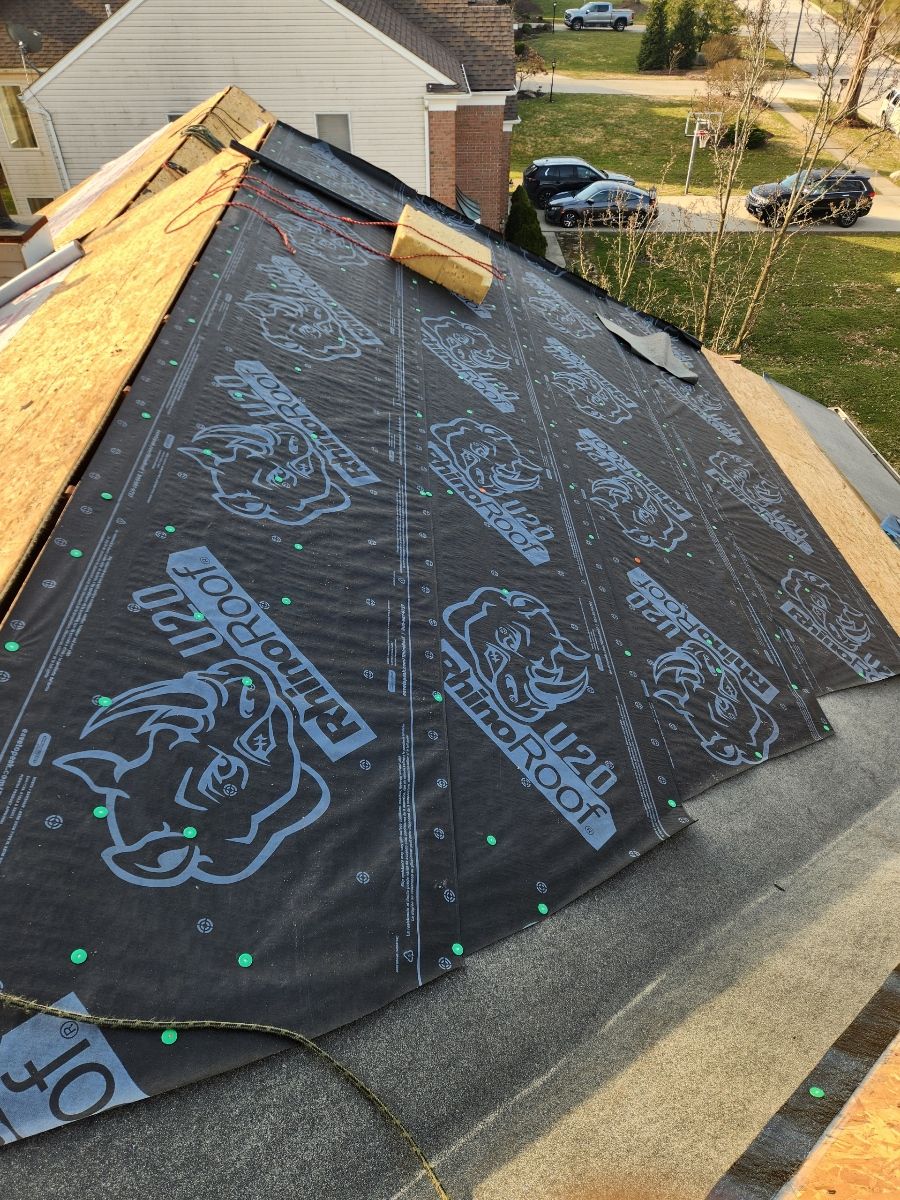ACV vs. RCV: Which Insurance Policy is Better for Your Roof?
When it comes to protecting your home, having the right insurance policy for your roof is crucial. Homeowners often have to choose between Actual Cash Value (ACV) policies and Replacement Cost Value (RCV) policies. Understanding the differences between these policies will help you determine which one is best for your roofing needs.
What is an ACV Policy?
An Actual Cash Value (ACV) policy covers the depreciated value of your roof at the time of damage. This means that if your roof is several years old, the insurance payout will reflect its age and condition rather than the cost of a brand-new roof.
Pros and Cons of an ACV Policy:
- Pros: Lower monthly premiums
- Cons: Higher out-of-pocket costs for roof replacement, depreciation deductions reduce payout
ACV Policy Example:
If your roof originally cost $10,000 to install and has depreciated by 50% due to age, an ACV policy might only cover $5,000 after a claim, leaving you responsible for the remaining costs.
What is an RCV Policy?
A Replacement Cost Value (RCV) policy covers the full cost of replacing your roof with a new one of similar quality, regardless of depreciation. Homeowners with this policy receive the full replacement amount, minus their deductible.
Pros and Cons of an RCV Policy:
- Pros: Covers full roof replacement, no depreciation deductions
- Cons: Higher insurance premiums
RCV Policy Example:
If your roof originally cost $10,000 to install and has sustained storm damage, an RCV policy would cover the entire $10,000 replacement cost (minus your deductible), regardless of its age.
Is an ACV or RCV Policy Better for Your Roof?
The best policy depends on your financial situation and how much risk you’re willing to assume. While ACV policies may be more affordable in the short term, they can leave homeowners with significant out-of-pocket costs when replacing a damaged roof. RCV policies offer greater financial protection but come with higher premiums.
Factors to Consider When Choosing a Policy:
- Age of Your Roof: If your roof is older, an ACV policy could leave you with high replacement costs.
- Budget for Premiums: If you prefer lower monthly payments, ACV might be the better choice.
- Risk Tolerance: If you want full coverage in case of damage, RCV is the safer option.
Why It’s Important for Your Insurance Claim to Be Supplemented
Insurance claims often require additional documentation and adjustments to ensure homeowners receive adequate compensation. If the initial insurance estimate doesn’t cover the full scope of repairs, supplementing the claim with additional evidence can help bridge the gap.
How Claim Supplementation Works:
- A professional roofing contractor, like S&K Construction and Remodeling LLC, assesses the damage.
- Additional documentation, such as photos and repair estimates, is submitted to the insurance company.
- The insurance company reviews the supplemental claim and may adjust the payout accordingly.
Conclusion
When choosing between ACV and RCV policies, homeowners should consider their budget, roof age, and risk tolerance. RCV policies provide the most comprehensive coverage, while ACV policies may result in higher out-of-pocket costs during a claim. Ensuring your insurance claim is properly supplemented can also help maximize your payout.
For expert roofing inspections and insurance claim assistance in Youngstown, Ohio, and surrounding areas, contact S&K Construction and Remodeling LLC. As an Owens Corning Preferred Contractor, we are dedicated to helping homeowners get the coverage they deserve while ensuring high-quality roof replacements.
 (440) 307-2060
(440) 307-2060


